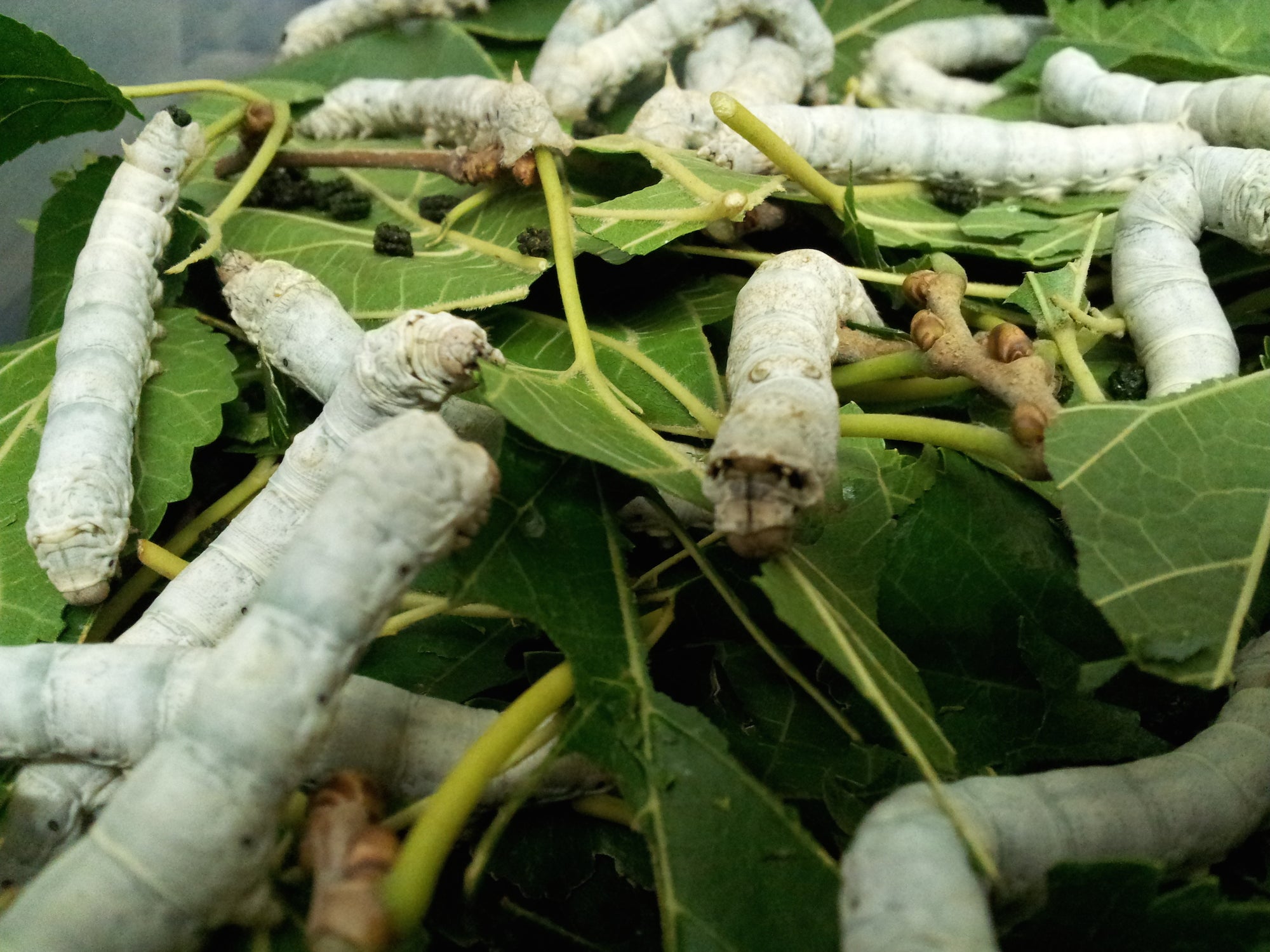Silkworms Will Make Ballistic Spider Silk for the U.S. Army
Russ Chastain 07.13.16

Bulletproof silk? That’s pretty much what Kraig Labs has just received a contract to produce for the U.S. Army.
Yesterday, they announced a contract to produce “ballistic shoot packs constructed from its proprietary Dragon Silk™ material for performance testing. These shoot packs will be tested and evaluated for critical Soldier protective applications including ballistic impact.”
What the heck is Dragon Silk, you ask? Well, according to Popular Mechanics, it is essentially spider silk produced by a silkworm. Spider silk is much stronger than silkworm silk, but spider farms don’t really work out, since spiders are essentially rebels. Solution? Snag some spider DNA, mix it up with some silkworms, and farm the heck out of the new silk, which is said to be “just as strong as spider silk.”
Cool thing about Dragon Silk: Since it’s stronger than silkworm silk, which is often used for sutures because it’s biodegradable, thinner threads of Dragon Silk can be used for the same purpose “in sensitive areas such as the eyes and brain.”
Kraig’s contract is worth almost $100,000 in the first stage, and if the Army likes what it sees after that, it may ultimately be worth a million bucks.
Why Dragon Silk instead of Kevlar? One word: Flexibility. Per Popular Mechanics:
Dragon Silk’s primary advantage over traditional Kevlar is its flexibility. Kevlar is slightly more durable than Dragon Silk, with a strength of 3 gigapascals (GPa) compared to Dragon Silk’s strength of 2 GPa. However, Kevlar only has an elasticity of 3 percent, meaning it’s almost completely inflexible. Dragon Silk has an elasticity of 30 to 40 percent, which offsets the slightly reduced strength.
So perhaps not all genetic modifications are bad things.